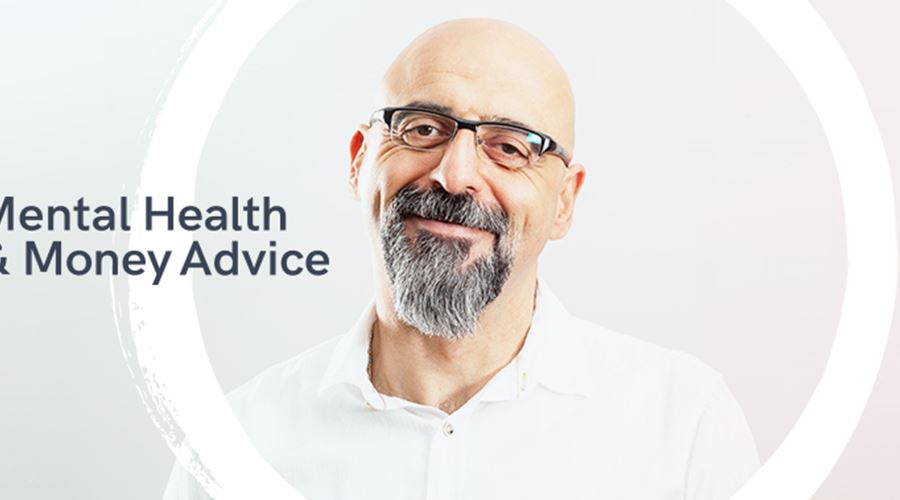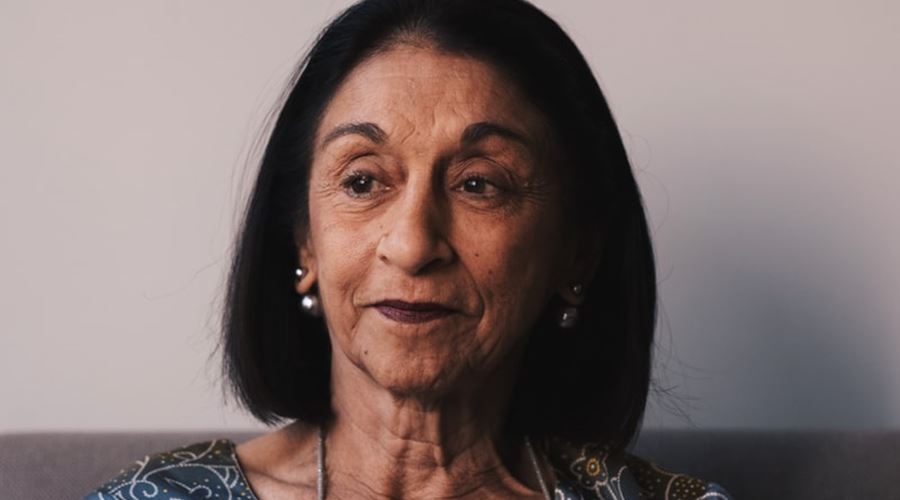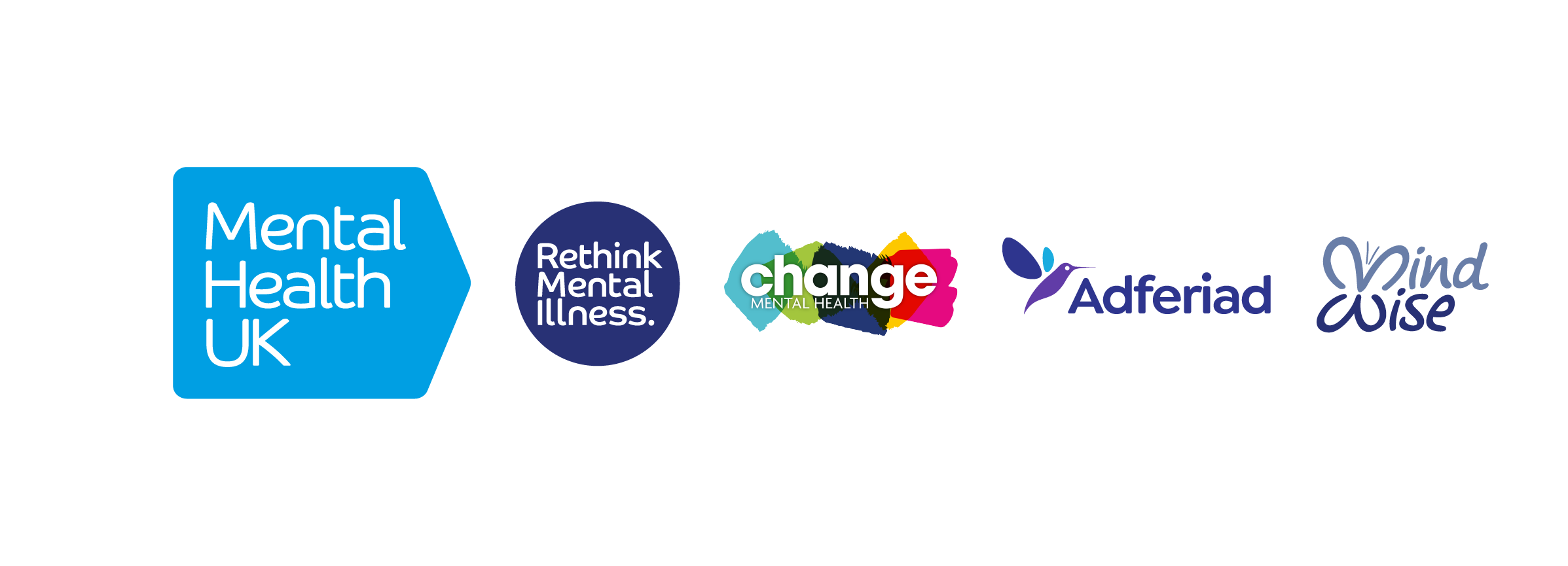- Home
- News & Blogs
- Current: Closing The Gap: The Latest Report From The Mental Health And Income Commission
Do you need urgent help?
If you need to speak to someone right now, here are some confidential options which provide 24/7 support. If you're worried you might hurt yourself or someone else, please call 999, or go to your nearest A and E.
Childline
Helps anyone under 19 in the UK with any issue they’re going through. Childline is free, confidential and available any time, day or night.
0800 1111Samaritans
24 hours a day, 365 days a year. You don't have to be suicidal to call us
Closing The Gap: The Latest Report From The Mental Health And Income Commission
Sun, 07 - February - 2021
People with mental health difficulties live on an income that is, on average, £8,400 lower than those without mental health difficulties every single year.
That's the stark headline that has come out of the Mental Health and Income Commission's latest report, published on 3rd February 2021. It shows that there is a significant ‘mental health income gap’ and calls for systemic action to stop this from growing.
The report outlines that:
- Typical income for people with common mental health conditions is £8,400 less than for the rest of the population.
- Since the pandemic began, three in ten people with mental health problems have experienced an income drop — causing many to cut back on essentials.
- A significant cause is the barriers to employment and job progression that many people with mental health problems face — from inflexible working practices to discrimination.
- Another key factor is the lack of adequate support through the social security system for those who need time off work due to mental illness, or who are unable to work full stop.
The Mental Health and Income Commission is calling for reforms to address these income inequalities. Their recommendations for government and employers include:
- The government should introduce a right to flexible working for all employees during the pandemic, to help people with mental health problems to continue to work flexibly and increase income security.
- Statutory Sick Pay should be more generous and current eligibility criteria should be expanded to make it a basic employment right for all workers.
- Large companies should be required by law to report on the pay gap between employees with and without mental health problems, to expose inequalities and discrimination.
MindWise's Mental Health & Money Advice Manager Michele Loughran says sadly she is not surprised by the results of the research and supports the recommendations.
"Our Mental Health & Money Advice Service welcomes the report published by commissioners to raise awareness of the difficulties facing individuals in their work environment and/or those exposed to the benefits system, both areas of hardship for those with poor mental health.
Money and Mental Health has had a long-standing toxic relationship for many people. The report outlines the scale of the problems faced by those on a daily basis and the increase in problems in the current Covid crisis. There is nothing new in this report with the exception of increasing numbers of those in need, and it's time actions were heard.
The recommendations mirror what mental health organisations have been asking for, for a long time. Better understanding from employers, for example training and flexible working hours, and from the government who allow benefits to be paid which are not only difficult to apply and receive but are also inadequate to live off.
We support the changes suggested and the need for equality for all. We look forward to the outcomes of the suggested actions and hope we will at long last see both employed and unemployed people in a better place with adequate finances in place."
Read the full Closing The Gap report here: https://bit.ly/3tvXUL5
If you or someone you care for needs help with money, debt and benefits, call our Mental Health and Money Advice service on freephone 08088010373 and choose Northern Ireland.






